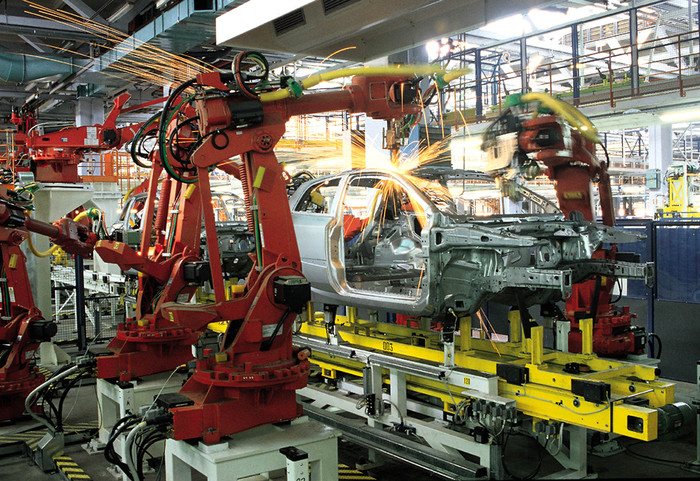Italy could save up to 8.7 megatonnes of CO2 equivalent per year in the future, equal to 60 million flights from London to Berlin, through the use of smart working. This is what emerges from a new study by Carbon Trust, a non-profit association established in 2001 to help organizations reduce their environmental impact, and commissioned by the Vodafone Institute for Society and Communication, the European think-tank of the Vodafone Group.
The Homeworking study - conducted in five European countries (Czech Republic, Germany, Italy, Spain, Sweden) and the United Kingdom - calculated the amount of carbon emissions saved by working remotely before, during and - with projections - after the pandemic and with particular attention to commuting and office emissions.
For every person working in agile mode in Italy, the study calculates, the savings would be equivalent to over one ton (1,055 kg) of Co2e, equal to more than seven passenger flights from Berlin to London. The study also calculates that in the future approximately 8.23 million jobs in Italy (36%) will be able to be carried out remotely and that people on average will work from home about two days a week (1.9). The Milan office of Vodafone Italia also recorded a reduction in Co2e emissions during the pandemic: more than a thousand tons of Co2e were saved in one year.
During the lockdown, the number of remote workers in Italy rose - in the acute phase of the emergency - to 6.58 million (according to the Smart Working Observatory of the Politecnico di Milano), each of whom worked remotely on average 2 , 7 days a week. This translated into carbon savings of 1.861 kilograms of CO2e for each, up 112% from the pre-Covid period, the study says.






